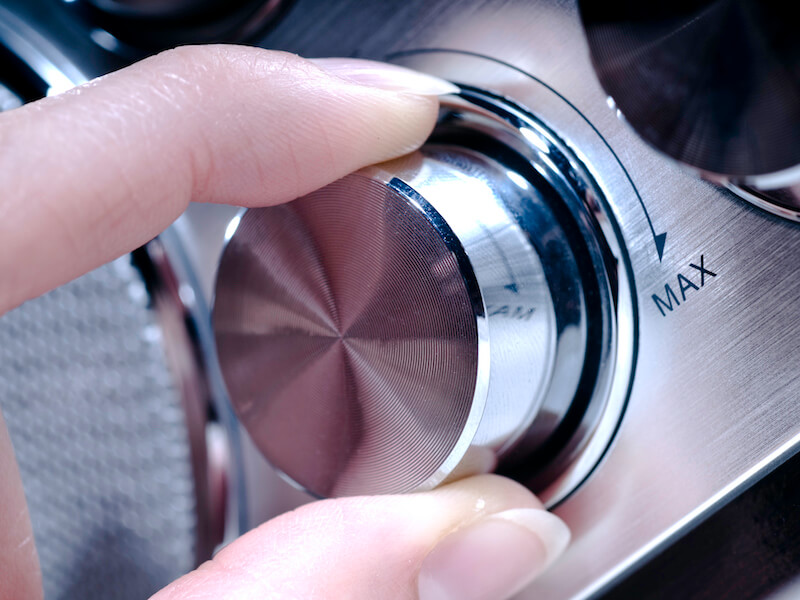
Sometimes, it’s easy to identify when you require medical advice. When you break a bone, for instance, you know you should go to the doctor (or the emergency room, depending on the scenario). You might need a splint or a cast or supportive device, but the point is that you’re not likely to try “toughing it out”. At least, not for very long (particularly if you want your bones to repair themselves correctly).
But in terms of hearing aids, it’s not always so simple to recognize when it’s time to get some assistance. Hearing loss typically advances really gradually over time. This means it’s not always easy to know when you may need to start using hearing aids or to delay seeking treatment you know could be helpful.
That’s why it’s a good plan to keep an eye out for some particular signposts that you may be losing your ability to communicate. If you notice any, it may be time to consult us about your first set of hearing aids.
Hearing aids and hearing loss
Hearing loss is mainly managed with hearing aids. But everybody who has some level of hearing loss won’t automatically need hearing aids. Hearing aids won’t always be helpful in cases of minor hearing loss. We might want you to hold off on using hearing aids as a result. Likewise, you may be advised to wear hearing aids only in specific situations.
This means that just because you are diagnosed with hearing loss doesn’t mean you will automatically need hearing aids.
But in many situations hearing aids will be the best answer. Many individuals won’t have their hearing loss diagnosed until it becomes more serious because hearing loss progresses gradually and often goes undetected for a while. Getting your hearing examined regularly is the key to catching hearing loss early and possibly mitigating the need for hearing aids.
So how will you know if you have hearing loss?
You need hearing aids if you recognize these indicators
Hearing loss is one of those conditions that can cause immediate communication obstacles. But a lot of times you don’t even comprehend that hearing loss is the cause of those communication issues. So, at what point will a hearing aid help you?
Here are some of the typical signs you should watch out for:
- The volume on your devices is getting very loud: Hearing loss could be the culprit if you continuously need to crank the volume of your devices up. This is particularly true if you keep turning that volume knob higher (and even more especially relevant if the people around you complain about how loud your media is).
- You have a difficult time following conversations in noisy places: This is probably one of the most prevalent symptoms of hearing loss. If you have trouble hearing conversations in noisy places, that’s usually a sure sign that you have hearing loss. That’s because your brain has a hard time filling in the missing information that gets lost with hearing impairment. Because of this, there’s a lot of muffled conversations.
- Phone conversations sound muddled: Voices typically sound a bit flat on even high-quality phone speakers. That can make it difficult to understand, particularly if you have hearing loss. Once again, particular frequencies are missing and the outcome is that it’s extremely difficult to understand those voices.
- You have difficulty understanding what people are saying: Many people feel like the overall volume of life is fine so they never imagine that they might have hearing loss. But the thing about hearing loss is that specific frequencies of sound tend to go before others. Because of this, things like vowel sounds in the higher register can sound distorted. As a result, you might have a hard time making out what people are saying to you.
So how should you deal with it?
Obviously, you know precisely what you need to do when you break a bone! But what about when you experience these indications that you might need a hearing aid? How severe does hearing loss have to be to call for a hearing aid? Well, that’s hard to answer, but when you start detecting these symptoms, it’s a good idea to make an appointment with us. We’ll be able to evaluate the health of your hearing and determine just how serious your hearing loss may or may not be.
And if you do wind up needing hearing aids, a hearing exam will help determine the best device for your hearing needs. Then you will be able to get back to taking pleasure in good conversations with your friends and family members and doing the things you love.
Give us a call to schedule your hearing exam, we can help you understand if you’re suffering from hearing loss.
